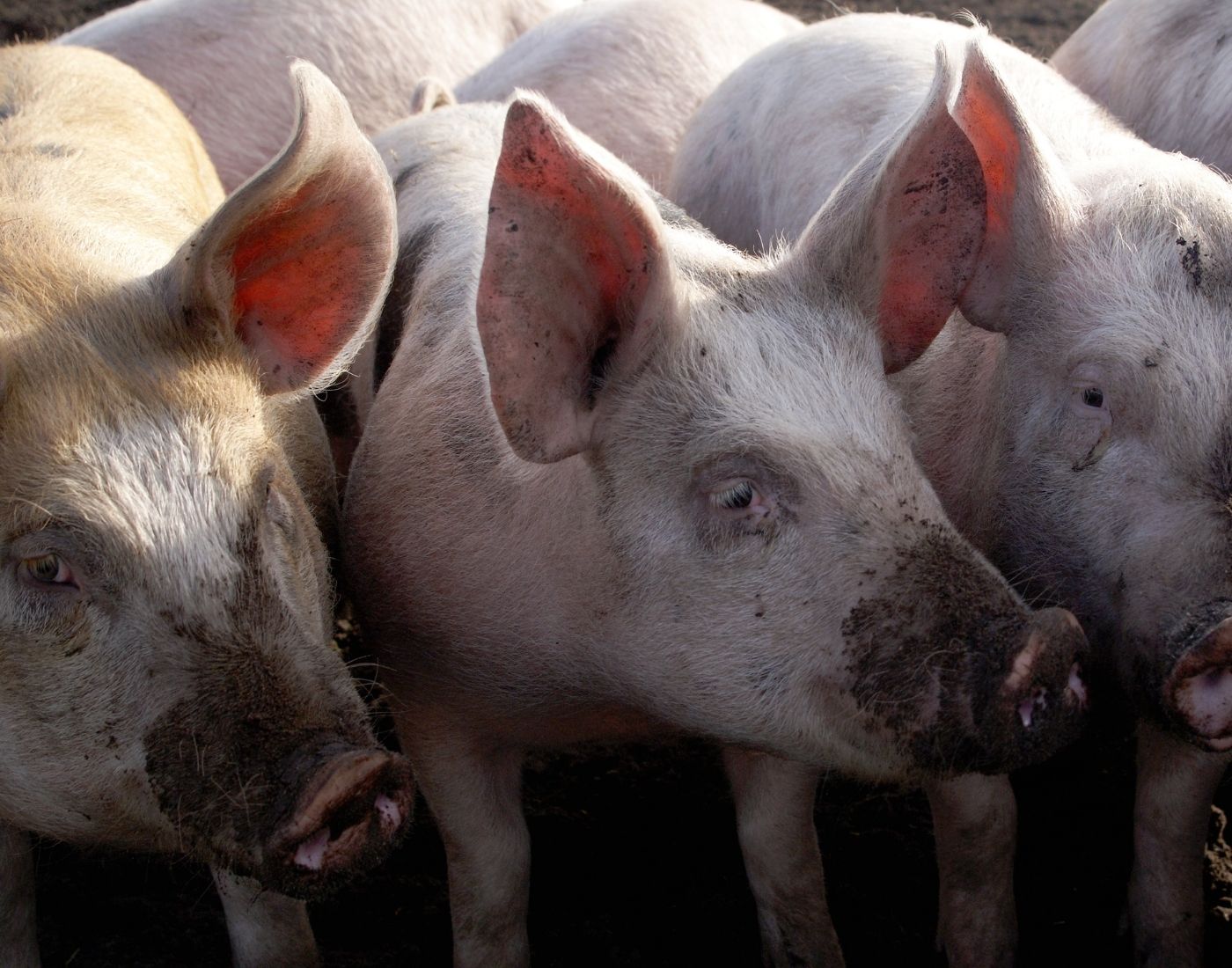Regulation (EU) No 2015/1375 lays down specific rules on official controls for Trichinella in meat. It sets out requirements on testing for Trichinella, and how the tests should be carried out. It also determines that pigs raised in controlled housing conditions do not require to be tested for Trichinella.
Testing for Trichinella in pigs
Information for business about testing for Trichinella in pigs

Definition of controlled housing (See (EU) Regulation 2015/1375 Annex IV Chapter 1)
There is a useful degree of flexibility in the definition of controlled housing. The general requirements relating to issues such as pest control and secure storage of feed, carry over from the previous regulation. There is also scope for pigs to have some access to outdoor facilities. The Food Business Operator must be able to prove that this does not a risk of introducing Trichinella into the holding.
The food chain information accompanying the animals from the farm to the slaughterhouse needs to confirm if the pigs come from a controlled or non-controlled housing holding. The nature of the holding will then determine the testing requirements at the slaughterhouse.
The previous legislation has been brought together in this one regulation: EU Regulation 2015/1375.
Testing options for Trichinella
Businesses can have the tests carried out by FSS – contracted suppliers, or set themselves up as a self-tester.
Contents
Food Standards Scotland contracted suppliers
We have contracts in place to carry out the laboratory testing of Trichinella. For businesses choosing this option, FSS pays for the cost of courier, kit and testing. However, the carcasses must be held pending a negative result. If the business notifies the courier the day before kill, then the samples may be collected the same day. The results will be received by 6pm on the following day.
Setting up as a self-tester
As a self-tester, you will have more control over the timescales for testing and courier. There are currently three ways of achieving this:
- You can set up a laboratory within the slaughterhouse. You will pay the associated set up and on-going running costs, and FSS will pay you 60p per sample tested. This option allows testing to be carried out on the day. If results are negative, the carcases can be released a lot quicker.
- You can use an already established self-testing laboratory in another slaughterhouse. This will be a private arrangement between yourself and the FBO of the slaughterhouse. You will be responsible for providing the sampling kit and the transport of the samples between the abattoirs. The existing self-tester will need to amend their Standard Operating Procedure (SOP) in agreement with the Official Veterinarian (OV). This ensures that traceability of all the samples is maintained. The SOP will need to be able to demonstrate compliance with FSS Procedures. FSS will pay you 60p per sample tested. This may offer a quicker turnaround on testing and release of carcases than using the services provided by FSS.
- You may set up a private arrangement with other United Kingdom Accreditation Service (UKAS) accredited testing laboratories. This arrangement will be to carry out Trichinella testing. You will be responsible for the testing costs, sampling kit and transport of the samples to the lab. FSS would pay 60p per sample tested. This may allow a quicker turnaround of testing and carcase release that using the services provided by FSS.
60p testing subsidy – an explanation
- Option 1: FBO 1 sets up a laboratory within the slaughterhouse. FBO 1 will pay the associated set up and on-going running costs. FSS will pay FBO 1, 60p per sample tested for their own animals only. The testing can be carried out on the day. If the results are negative, the carcases can be released a lot quicker.
- Option 2: FBO 2 can use an already established self-testing laboratory in another slaughterhouse (FBO 1). This will be a private (financial) arrangement between FBO 2 and FBO 1. This may, or may not, be more than 60p per sample tested. FBO 2 will be responsible for providing the sampling kit and the transport of the samples between the abattoirs. The existing self-tester (FBO 1) will need to amend their Standard Operating Procedure (SOP) in agreement with the Official Veterinarian. This ensures that traceability of all the samples is maintained and demonstrates compliance with FSS procedures. FSS will pay FBO 2, 60p per sample tested. This may offer a quicker turnaround on testing and release of carcases than using the services provided by FSS.
Designated laboratory training requirements
Businesses hoping to become designated laboratories are required to undergo training on trichinella testing and compliance, as directed by the UK National Reference Laboratory (NRL) which is the Animal and Plant Health Agency (APHA).
The NRL will perform an on-site assessment of lab facilities and the technical staff to ensure compliance and competence. You can find a process chart for the designation of self-testing labs in related items at the bottom of this page.
If designation is given, it is mandatory that the laboratory participates in and successfully completes the quarterly APHA Quality Assurance Units Proficiency Testing Scheme for Trichinella
Further information on the application process and application are below:
